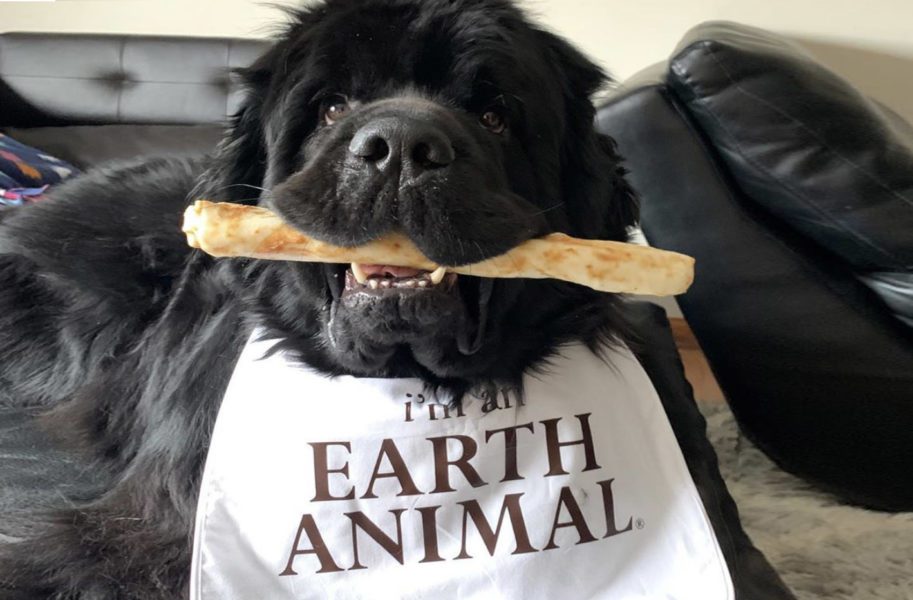We’ve all heard that the eyes are the window to the soul, but did you know that the mouth is a pretty good indicator of health? You can learn a lot about your animal’s well-being by taking a peek at their pearly whites. And since February is National Pet Dental Health Month, now is the perfect time to take a gander at your animal’s teeth to ensure that their teeth and gums – and the rest of them – are healthy.
Have you ever gotten a sloppy – and smelly – kiss from your animal? Well, while there’s nothing you can do about the sloppy part, those kisses should be sweeter smelling. Animals don’t just have bad breath. It comes from periodontal disease, which occurs when plaque hardens and becomes tartar, and then that tartar builds up beneath the gum line and breaks down the tissue surrounding the teeth. The worst part about it is that this build-up of tissue damaging bacteria can spread beyond your animal’s mouth and cause other significant health problems, including heart and kidney disease. Therefore, dental health isn’t simply about having bright, shiny teeth or sweet smelling breath. It is about your animal’s whole body health.
So, what can you do to help keep your animal’s teeth and gums fresh and healthy? Just like for human dental health, the best thing to do is brush regularly. Now, many animals are not going to want you to come anywhere near their mouths with a toothbrush, so you are going to have to spend some time, usually about a week or so, working to get your animal comfortable with the practice of regular tooth brushing. Try getting your animal used to the sensation of having his teeth brushed by first familiarizing them with the brush and the toothpaste. Make sure that they are comfortable and relaxed, and that you are in a quiet space, then reward them each time they let you place the toothbrush in their mouth. Let them get a first taste of the paste before starting to brush so they won’t be surprised. Once you start brushing, keep praising them for doing a good job, but if they seem at all agitated or uncomfortable, try again later. You don’t want your animal to make negative associations with teeth brushing, which will make them less likely to allow you to brush their teeth in the future. Try to brush your animal’s teeth every day.
If your animal simply will not allow you to brush their teeth, or it is too arduous a task for you to complete every day, try keeping your animal’s dental health on track in other ways. Most importantly, be sure to get your animal a veterinary dental check-up every year. Your veterinarian can spot signs of trouble and intervene as necessary before they progress if your animal is getting regular check-ups. In addition to regular veterinary visits, consider offering your animal treats specifically designed to help clean teeth. These treats typically have a hard or abrasive exterior that can help scrape away plaque as the animal chews. Another way to maintain dental health may be to feed your animal a dental diet. For many animals, this will be a nutritionally balanced way to keep plaque and tartar from building up on teeth but check with your veterinarian to make sure that it is appropriate for your animal’s specific needs. For example, a dental diet may not meet the specific nutritional needs of animals with certain medical conditions, young animals, or senior animals.
During this National Pet Dental Health Month, make a promise to keep your animal’s whole body healthy by getting in the habit of keeping their teeth and gums healthy. They’ll thank you with their good health and with lots of sloppy but fresh smelling kisses.







